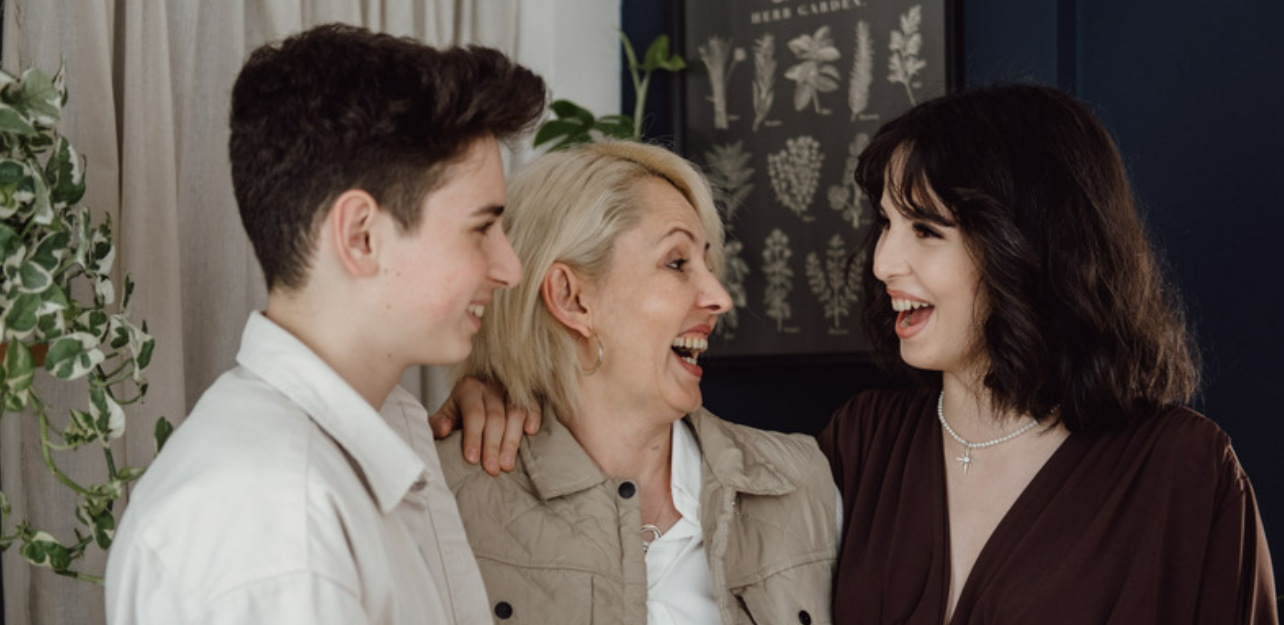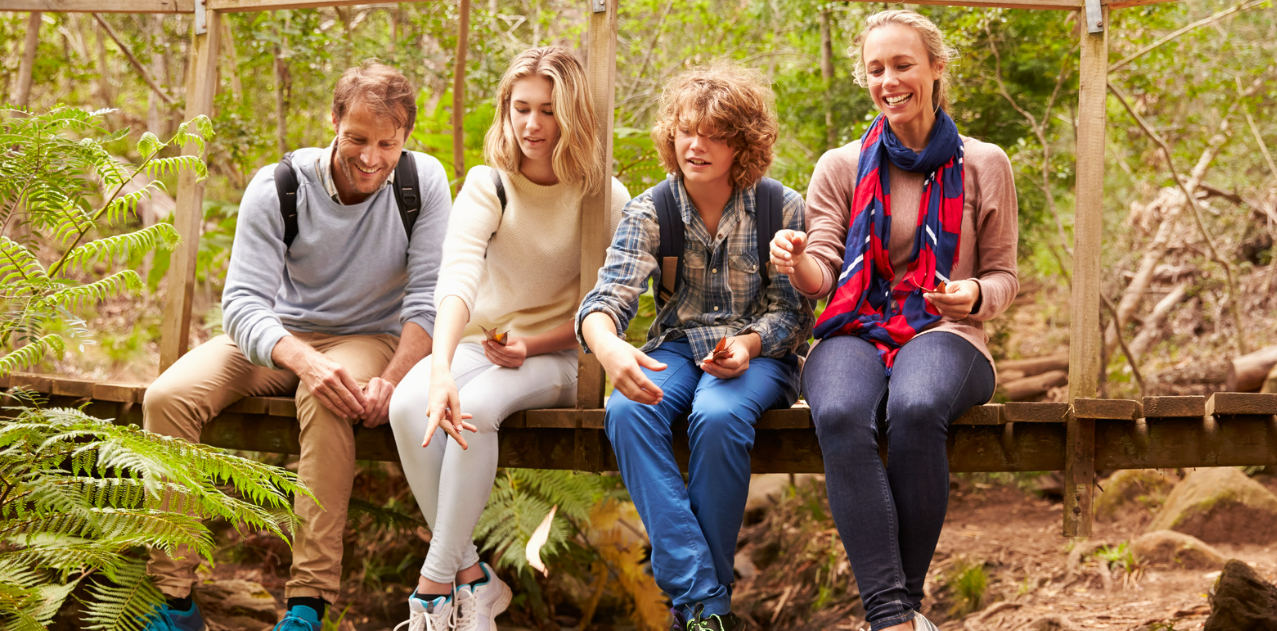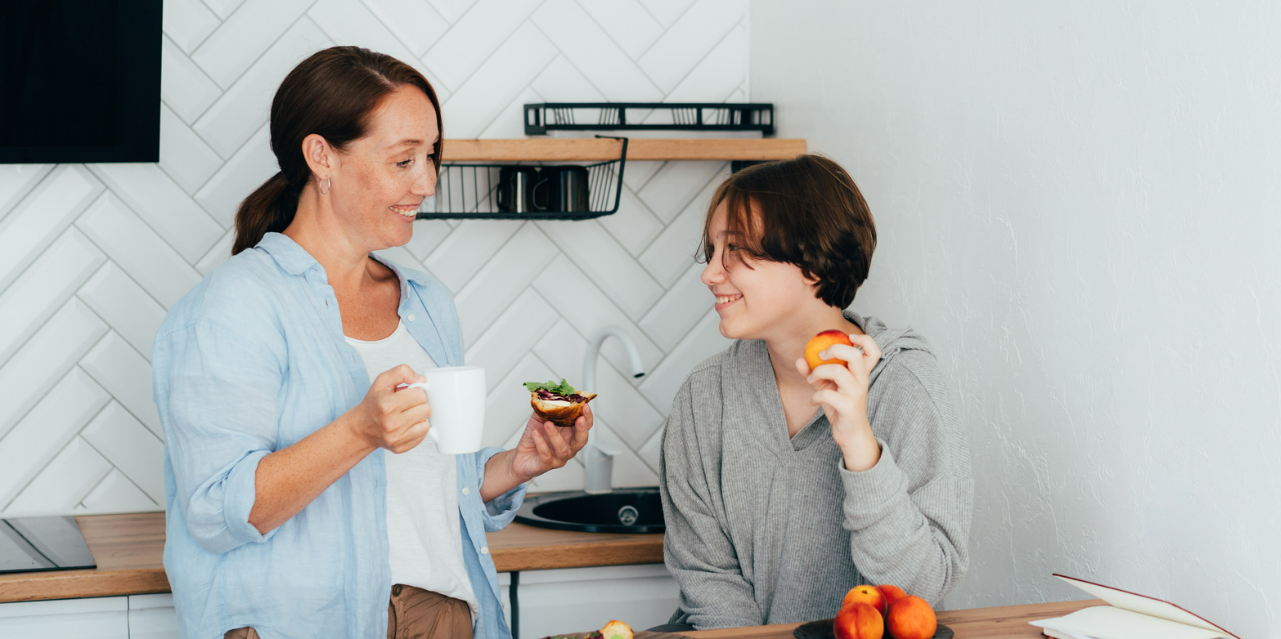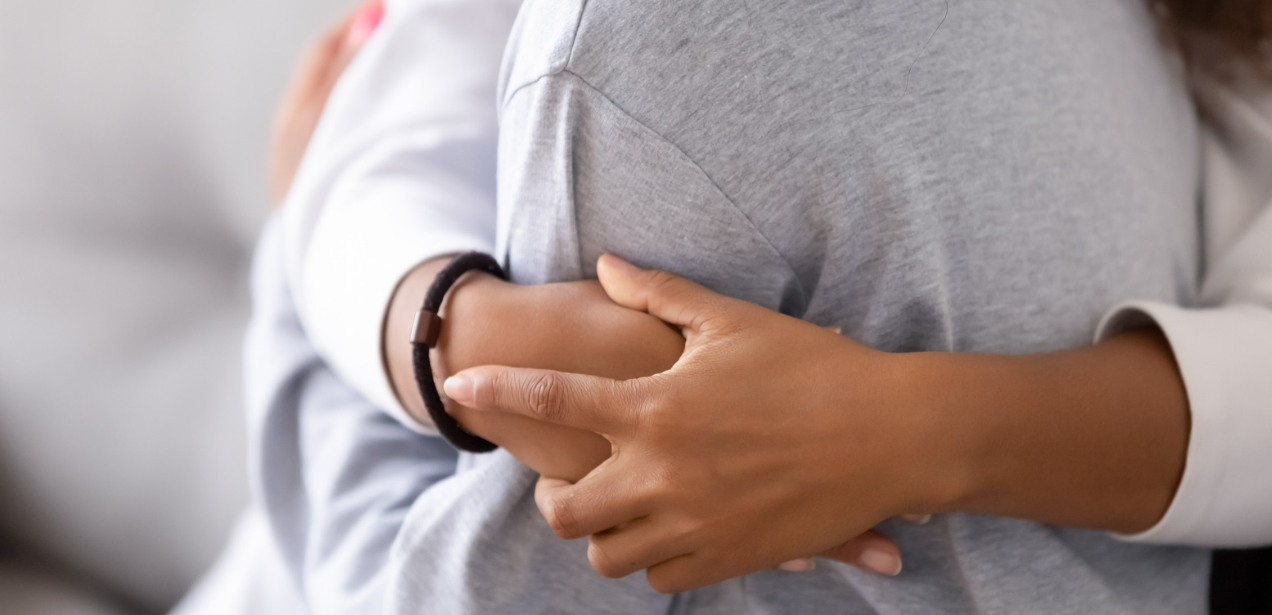Interview with Nola Peacock
In this episode, we will uncover 3 keys:
- Authentic interactions with kids and parents build strong bonds and promote healing.
- Visualization fuels personal and professional growth, connecting with children, and inspiring positive change.
- Empower parents and kids through authentic connections for better relationships and emotional well-being.

A Podcast Transcription
Episode 17: Nola Peacock – Help for parents worried about their child’s self-esteem & confidence
Intro
Odiva Vasell: (00:00)
Ladies, I have a special treat for you. To get to meet Miss Nola Peacock. She works with kids, and that is something that is near and dear to my heart. And I’m sure it’s going to be near and dear to your heart to hear about her special mission and the work that she does. Welcome, Nola.
Nola Peacock: (00:27)
Thank you so much for having me, Odiva.
Odiva Vasell: (00:31)
Yes, yes, and I must say I love your pink.
Nola Peacock: (00:35)
Thank you. Need some color. It still feels like winter where I am, so…
Odiva Vasell: (00:42)
Yeah, yeah, same here. So you bring out the peacock, and you are bringing out the peacock in you. Tell us a little bit about the name of this business.
Nola Peacock: (00:55)
Well, just I use my name. When I was younger, I didn’t like it right when I was a kid because kids made fun of me. But, yeah, now I absolutely love it. I think peacocks are so beautiful and confident, and of course, the peacock colors. I absolutely love it. It’s funny when I was a kid, those are the colors I always colored with, so yeah. So I love using my name and the peacock feather.
Odiva Vasell: (01:23)
Isn’t it the funniest thing that kids will make fun of the most beautiful parts of you?
Nola Peacock: (01:30)
Right, yeah.
Odiva Vasell: (01:31)
Because she used to make fun of my smile, and so I stopped smiling for decades. Yeah, and then I had to reprogram myself and realize, hey, this is what’s unique, you know? Yeah. So let’s talk a little bit more about kids and your mission with them. How did it start?
Authentic interactions with kids and parents build strong bonds and promote healing.

Nola Peacock: (01:55)
Well, I have always loved working with kids. So, I started teaching piano when I was 16, just you know, word of mouth, and always had more than enough students. I loved it. But I realized that, I mean, it wasn’t about the piano; it was the mentoring, right? They would come from school, and I’d say, “How was your day?” And I would hear all about it. So, you know, spent lots of time with that. Then I was also a pediatric oncology nurse, and you know, I loved it. Some people would say, “How could you work with kids?” But I knew that I could make a difference and working with the family and getting to know them. I love that. When I had my own kids, I really wanted to be at home with them. So, I stayed at home and wanted to be just the best mom that I could be. So, I always did lots of reading and took workshops and tried to be up-to-date on all of the right things to do.
Then when my son was about 15 or 16, he started struggling with depression and was actually suicidal. We had been seen a psychologist and doing all the things that I knew to do at that time, and it just wasn’t enough. One day, when we had gone out for dinner, it was actually for my birthday, and this friend of ours, this older woman, started to give my son heck for not going to school because he’d completely, he just couldn’t face going to school at all. I was sitting across from him, and I saw the look of devastation on his face, and something inside of me just snapped, and I thought, “That’s it. Other people don’t have a right to judge.” And he’d been through a lot emotionally, and there was something deep inside me that knew he needed to do the healing, and that was way more important than going to school. Yet, everybody was on me, “You’ve got to get him to go to school.” That was it, that was. I thought, “Okay, that’s it. He needs to, we need to find a way for him to heal.”
So, I started to listen to my heart, my intuition, and my son. I would spend lots of time just sitting with him, sometimes even if he didn’t feel like talking, just so that he knew that I was there and I cared. He loved music, so I got him a new guitar and a journal, and he started composing his own songs and writing lyrics. That was a way for him to start to move through and work through his feelings. Slowly, he started to talk to his friends again and play the things that he loved to do. Then, it took quite a while for the school. We tried all kinds of things. But eventually, right, he got a degree as a mature student. So, he taught me so many things about that there’s always an answer. We don’t have to follow along and do exactly what society sort of lays out for us. I want other kids to know that. When my son was going through that, I would hear too from other young kids, piano students or friends’ kids, and they would say, “Oh, I hate my life. I don’t want to be here.” I had a friend whose son was nine years old and was cutting himself, and that just broke my heart. It’s like, “Okay, so it’s not just my son, not just me that’s been a horrible mother, right? Our kids.” I felt so guilty and ashamed. There’s so much going out there, and I thought I’ve got to do something. I’ve got to help these kids and give them skills and tools so that they can manage what life throws at them. So…
Odiva Vasell: (05:52)
You’ve given us so many gems to think about and meditate on in just these few minutes. You talked about trying to be the best mom that you could be. You talked about the guilt that surrounded, and that guilt, I find, for women, it can drive a huge part of our lives, our actions, our decisions too. It can also drive people away. What you have done is you moved toward your son and met him where he was. There are so many people whose kids get on drugs or their kids get in trouble, and it drives them away. It’s not because they don’t love their kids; it’s because of this guilt factor.
Nola Peacock: (06:47)
I think not knowing what to do sometimes, right? And it’s…
Odiva Vasell: (06:50)
Yeah, yeah. Another gem that you gave is that society, medical doctors, and other friends of the family are judgmental, and they’re saying, “This is what you need to do, and this is what you have to do.” They get right in your face. They’re almost… And then you realize, no, it’s not about them; it’s just…
Nola Peacock: (07:15)
Yeah.
Odiva Vasell: (07:16)
It’s me and him.
Nola Peacock: (07:17)
Yes, yes.
Odiva Vasell: (07:20)
Yeah.
Nola Peacock: (07:21)
I did a workshop once, once my son was doing well. I wanted to share some of these things with other moms, and I did a small workshop in my home. At the end of it, my son happened to come up. His bedroom was downstairs, and he came up. Some of the ladies said, “Well, can we ask you questions?” He’s like, “Sure.” So he sat down with us. This one mom said to him, “Tell me what your mom did that was helpful and tell me what she did that drove you crazy.” I was like, “What’s he gonna say?” Because this was not rehearsed. I had no idea what was going to come out of his mouth. But I was so blessed because what he said was what helped him was that I honored where he was at, I met him where he was at, and allowed him to figure things out his way. What drove him crazy was other people trying to push him to do things. I’m like, “Thank you, thank you.” It’s like, “Oh, I finally got it.” That’s been huge, and it’s like, yeah, it’s so important to listen to our kids. They have so much wisdom inside themselves, and they know what’s right for them. If we just kind of support that, it works out so much easier, so much better.
Odiva Vasell: (08:52)
Just taking a breath into that wisdom. He created his own world, his own space, and you gave him the space to do that.
Nola Peacock: (09:06)
Yeah, yeah.
Odiva Vasell: (09:07)
That’s amazing, and it’s so simple. I mean, it may take patience, and it didn’t happen overnight, but it’s a simple task of just being there. It’s the start of it. I’ve taught kids, and I tell the parents when I teach English and business people, they say, “Can you teach my kid as well?” I’m like, “But your level is so high. Why don’t you just spend five minutes with them reading to them, and it will help you as well.” I really push for that because it’s that nothing time. It’s taking your kids to the best schools and the best extracurricular activities and go, go, go, go, go, on vacations, and no one has that nothing time to just sit there. It’s kind of sad, but…
Nola Peacock: (10:16)
It is very true, very true. You know what the most common thing that kids tell me that they want more of is time, one-on-one time with their parents. It’s like, you know, and knowing that, I can get kids to do their chores without being asked, helping parents to set it up. It’s like, “Okay, if you help Mom and Dad with these things, doing your chores and stuff, then Mom or Dad will have more energy and time to spend with you.” I’ve had kids, lots of kids like to bake and stuff, so they’ll say what they want to do is bake brownies with their mom, or play Monopoly that kids have said or whatever, just having that, hanging out with their parents. I think it’s a beautiful thing to see, you know, the kids and the parents working together. It’s a win-win because everybody’s happier and less stressed.
Odiva Vasell: (11:31)
That’s brilliant, compared to the “Oh, I have to bribe you to do this.” I’m guessing, you know, in the teenage years, they kind of act like they don’t want to be around their parents, but they actually do, but it has to be on their own terms, like you said, in their own space, with patience.
Nola Peacock: (11:53)
Yeah, lots of patience, and non-judgment. That’s one of the things that I say to parents when you’re listening to your kids is just pretend you’ve got a zipper or duct tape because we, yeah, and I get it, and again it’s not to put guilt because we all, you know, I mean, I’ve yelled at my kids too, and not listened. But, you know, if we think about it and just how we would want somebody listening to us, not jumping in, asking questions, or saying, “I Told You So,” or whatever. Just listen, and that’s when those gems come out of the kids, and they feel safe and secure. If they’re worried about being judged or getting into trouble, they’ll be quiet. So many parents say, “My kids won’t tell me anything.” Well, there’s usually a reason because they don’t feel safe, you know, that they’ll be supported. Kids know that they’ve done something wrong; it’s not like we, right? It’s just like me one day when I had a friend with me, and I was backing out of the garage, not paying close attention, and I happened to. My husband at the time had left for work, but the roads were really icy, and he’d come back and parked in the driveway. So, normally, his vehicle wasn’t there. Anyway, I bumped it and, you know, left a little dent in it. I’m like, and, you know, of course, I, I…
Odiva Vasell: (13:23)
There’s a word for that, bumper kiss, yeah.
Nola Peacock: (13:26)
Right, but you know I didn’t need him to get mad or tell me that I wasn’t paying attention. I knew that. I would just, you know, it would be nice to go, “Accident happened. What are we going to do about it?” So, I encourage parents to do like, you know, how would you want to be talked to or listened to, and it makes a difference.
Odiva Vasell: (13:48)
That is huge, yeah. Getting away from being a kid, we kind of forget what it’s like, and then you start to take on the role of our parents who were raised in a different time, so everything had to be or they were taught to be. But yeah, this is beautiful. And how long have you had this business?
Nola Peacock: (14:14)
I started back in, it’s been about 10 years, I guess. I did take a little deviation to work with women going through cancer. But my heart’s always, you know, my whole life has been with kids. I just love being with kids and want to make a difference there.
Odiva Vasell: (14:35)
You definitely are. So, you took a little deviation, a little me time. What was that journey like?
Visualization fuels personal and professional growth, connecting with children, and inspiring positive change.

Nola Peacock: (14:47)
I did. Well, in 2018, I was diagnosed with breast cancer. So, you know, there was the universe giving me a strong message. It was time to take care of me and not be looking after everybody else all the time. And, you know, I knew, like I was even as a nurse, and knowing all that I knew about cancer and chemo and radiation, I was still scared to death. And I thought, well, that’s, you know, being in fear isn’t going to help. So I thought I gotta walk my talk. I gotta do what I’m teaching these kids. So, you know, I, it’s like, okay, you know, what are these simple things around mindset, right? And doing affirmations and visualizations and things. I created things for myself as I went through and I also documented things and recorded meditations and stuff so that I could listen to them over and over. So, created a program for women going through cancer as well. That was kind of my detour because I knew that for me when I go through things that are really difficult, the way that I know that I can push through and do it is if I can make a difference, like turn it into something positive afterwards. Being able to help other women and walk them through this difficult journey made it’s like, you know, okay, I can push through as long as it’s, I’m, and looked at it, it’s like, okay, what information can I gather? What can I share? And just, you know, I thought there’s got to be a reason that I was an oncology nurse and then, you know, have cancer. It’s like I can, you know, bring those two worlds together and so…
Odiva Vasell: (16:35)
Like you did a lot of hand-holding, first for your kid, and then for yourself and other kids, you, and then for yourself. You kind of come alongside people, hold their hand, and bring them.
Nola Peacock: (16:49)
Yes.
Odiva Vasell: (16:15)
That’s beautiful.
Nola Peacock: (16:51)
Yeah, yeah.
Odiva Vasell: (16:54)
Oh, and I’m so honored to meet you, and you’re continuing to do this work and grow it. There is no question about your passion.
Nola Peacock: (17:06)
Thank you.
Odiva Vasell: (17:08)
The work that you’re doing, how do you see it growing and expanding over the years? Because it’s always a journey, isn’t it?
Empower parents and kids through authentic connections for better relationships and emotional well-being.

Nola Peacock: (17:19)
It is, it is a journey. Well, I just see doing more group things so that I can reach more kids and parents. Yeah, because, you know, up until now, it’s been mostly one-on-one, and I absolutely love it. But it’s just, you know, I keep hearing more and more kids who are struggling and not being able to speak up for themselves or just feeling bad about themselves. When I look at a child, I see their true self. Even as a nurse, I remember, you know, we would get report during a shift change, and sometimes the nurses would say, “Oh, this kid’s difficult,” or whatever. Well, I never ever found any of those kids difficult because, again, I met them where they were at, and I could get kids to do things easily that other nurses would struggle with. So, I think, you know, I feel like that’s my gift. When I’m working with them, they know, I think, that I’m like, “Oh, this person gets me.” I just want to be able to do that for more kids because it breaks my heart. They should be happy and having fun, not being stressed out and worrying about things or feeling bad about themselves. They are such gifts for us, you know, for all of us. They’re from my heart.
Odiva Vasell: (18:47)
Isn’t that amazing that, like as adults and as women and even as business people, we start to try to train our intuition to make decisions, let’s say in the situation of business or in our personal lives, and try to just open ourselves to seeing what’s around us and what feels good and what we should be doing. But kids know this. So when you walked into a room, they knew you were genuine, and you didn’t have to force anything. All the stresses and difficulties that they are projecting is from what the world is putting on them. So I always say that it’s like we need to go back to being kids.
Nola Peacock: (19:39)
Right, right.
Odiva Vasell: (19:42)
To build our business as well.
Nola Peacock: (19:44)
Yes, oh, that’s a very good, you know, in that. I’m so glad you said that because I mean I do that when I work with other clients and stuff, right? I get them, part of it is visualization and taking their inner child and playing. I’ve never thought about doing that with my business, so thank you for that gem.
Odiva Vasell: (20:04)
Yes, I’m working on it myself. It is a journey. I used to be a daydreamer, so I got in trouble in school for not paying attention in class. I was kind of paying attention. I was also paying attention to the little birdie that was walking across the window so far, and I was just absorbing so many things. I was smiling, like I said, the kids made fun of my smile because I had crooked teeth, still do, and I was just in this dream world, and it was so beautiful. Now, when someone tells me, “Hey, you could have this business, and you can have thousands of clients and be changing lots of lives,” which is what I want to do, but the visualization, it’s work to get it out there, which is something that came natural.
Nola Peacock: (21:08)
And isn’t that something because I think back, and I was always more serious and wanted to be the good student and all that. I think, and I struggle with visualization, just being able to imagine all kinds of things, and I’m thinking, “Oh, I wish I had been more like you.” You have the most beautiful smile. As soon as I got on with you, I’m like, “Oh my goodness, she’s got a beautiful smile.”
Odiva Vasell: (21:40)
And yeah, so I just want to kind of go on that note. I won’t say close because we’re open, we’re going to be open for the people listening to receive you and get the links to contact you and learn from you, parents and kids, to learn from you. I just want to implore everyone to reach back into that child, that fun, innocent part of yourself that didn’t have to ask so many questions for every dream they have. “Oh no, that wouldn’t work. Well, maybe that would go wrong with it.” Just be open and dream and visualize and allow ourselves to step into the greatness that we already have.
Nola Peacock: (22:37)
That’s beautiful, that’s beautiful. Thank you.
Odiva Vasell: (22:42)
You are great.
Nola Peacock: (22:44)
Thank you.
Odiva Vasell: (22:45)
And you have inspired me, and you’re going to inspire so many other lives, I know, I know.
Nola Peacock: (22:53)
Thank you so much.
Odiva Vasell: (22:54)
Yes, we receive you, and please receive our love from everyone that’s listening.
[Music]
Conclusion
The strong bond between parents and children is incredibly powerful. This conversation taught us that being true to yourself, using your imagination, and giving power to both parents and kids are the keys to making these bonds special. By being real, having honest conversations, and building loving relationships, you can make your family happier and stronger. It’s never too late to bring back the joy of being a kid and sharing it with your loved ones. So, take those steps to strengthen your connections and witness the happiness and closeness grow in your family. Your path to a happier family starts with one loving gesture.